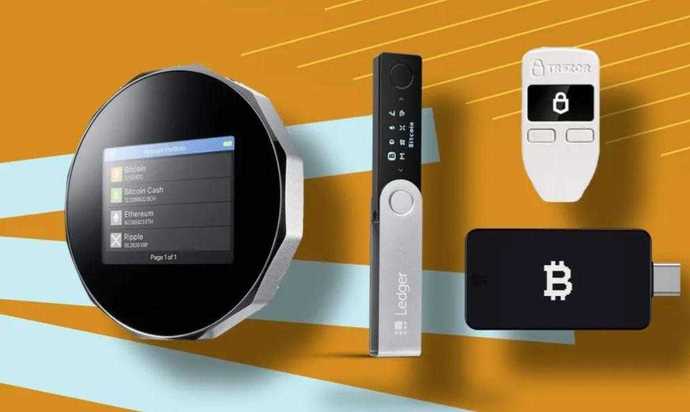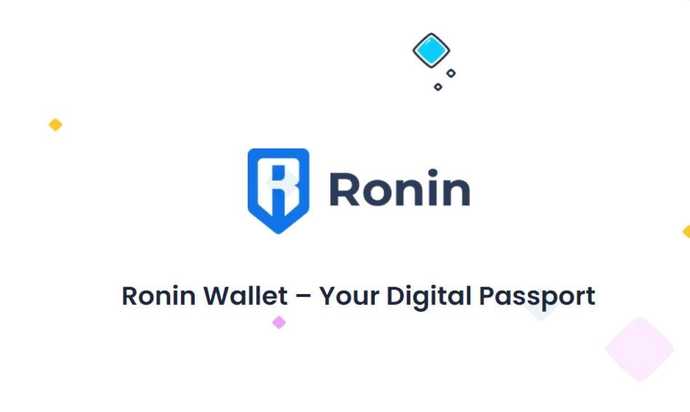Crypto Glossary
Wallet
A cryptocurrency wallet is software that enables cryptocurrency users to store and retrieve their digital assets on a computer or mobile device. In the same way that traditional currency is used, you do not need a wallet to spend your cash, although keeping it all in one location is undoubtedly beneficial. The user can store cryptocurrency, such as bitcoin, in a cryptocurrency wallet and then utilize it to conduct transactions from that point forward.
What is a cryptocurrency wallet?
A cryptocurrency wallet is a place where you may keep your cryptocurrency, whether it’s Bitcoin, Ether, Dogecoin, or any other type of token. Private keys are used to protect these digital currencies, and you may store these keys in a variety of different places, all of which are referred to as wallets for short. To access your cryptocurrency holdings, you don’t need to mine the tokens you possess; instead, you may simply purchase and sell them on an exchange or even directly from others, and after you’ve done so, you transfer the ‘keys’ to the currencies you own.
Crypto wallets, in contrast to a traditional wallet, which may store actual cash, do not technically store your cryptocurrency. Your assets are stored on the blockchain, but they can only be accessed with the use of a private key. Your keys serve to confirm that you are the owner of your digital money and to enable you to conduct transactions. If you misplace your private keys, you will be unable to access your money. That is why it is critical to keep your hardware wallet safe or to utilize a reputable wallet service to store your cryptocurrency.
Hot and cold wallets
To make it easier for you to access hot wallets, which you may use to purchase or sell bitcoin, they are hosted on the internet. But there is some concern regarding the security of such a system because it is more accessible to attackers, which raises some questions. Having said that, active traders would generally keep at least a portion of their assets in a hot wallet in case they need to make a transaction.
The opposite of this is a cold wallet, which is not connected to the internet. Instead of storing your data on the computer, you may download it to a USB device or a hard drive and store your tokens there until you’re ready to trade. In principle, this sounds like a fantastic idea, but if your wallet is destroyed and you are unable to access the keys, the coins would be lost forever, so you’ll need to evaluate the advantages and disadvantages of both options carefully. Over the years, there have been several reports of hard disks malfunctioning, USB devices being misplaced, even money disappearing for good.
There are also paper wallets, which are a more extreme kind of cold wallet, in which the private key is written down on paper, making it difficult to hack (which are becoming increasingly popular). This is also subject to being destroyed by the environment, being misplaced, or even having minute errors in the copying of the codes, all of which would render it ineffective, so before you spend your money, make sure you understand the dangers involved.
Getting your cryptocurrency wallet
A hosted wallet is the simplest and popular cryptocurrency wallet. You automatically hold your crypto in a hosted wallet when you buy crypto through an exchange. It is called hosting because a third party keeps your crypto for you, similar to how your money is kept by a bank in a check or savings account. You might have heard of losing your USB wallet, but you don’t have to worry about anything on a hosted wallet.
The main advantage of keeping your crypto in a hosted wallet is that you won’t lose your crypto if you forget your password. A disadvantage of a hosted wallet is that you can’t access all crypto has to offer. This can change, however, as hosted wallets begin to support more features.
To get started, just select a platform that you trust. Consider safety, ease of use, and compliance with government and financial regulations. Then, create your account and fill in your personal information and select a secure password. It is also recommended that 2-step verification be used for an additional safety layer.
![10 Best Crypto Hardware Wallet in 2023 [Review]](/static/9fbf7b5e69b9e26ddff64ca6072fcb0b/5653c/Hardware-Wallet.jpg)

